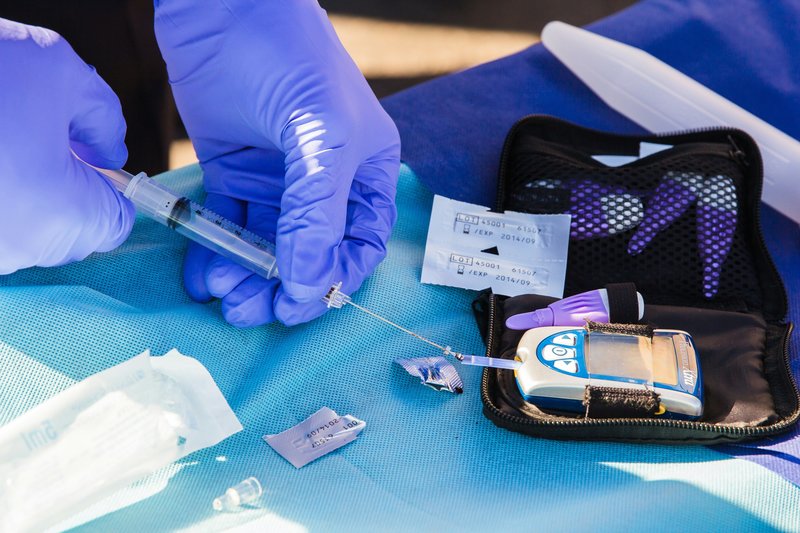-
0800 612 0011
free from landlines
-
0330 660 1166
free from most mobiles
Published at 01 November, 2023 13:32.

The focus of this year’s campaign is the prevention of type 2 diabetes and diabetes-related complications by raising awareness globally so more people will be able to access diabetes care and become more aware of their risks.
If you smoke, you have a higher risk of developing type 2 diabetes, heart disease and cancer. Smoking is a risk factor for heart disease on its own, but when combined with diabetes, it increases your chance of heart disease and stroke. Smoking and diabetes can damage the cardiovascular system and can lead to heart disease, kidney disease and other complications such as nerve damage and even blindness.
It has been established that there is a clear link between smoking and the risk of developing type 2 diabetes. Smoking changes the chemical process in the cells inside your body, so they do not respond to insulin, the hormone that allows your body to use sugar from the food you eat for energy and stops your blood glucose level from getting too high. If your body starts to become resistant to insulin, then your blood glucose levels rise and put you at risk of developing type 2 diabetes.
Once you have diabetes, this can cause damage to your nerves, leading to a loss of feeling, which means you may not notice an injury, wound or ulcers to your foot. Reduced sweating due to nerve damage can result in hard, cracked skin and foot ulcers can occur. Nerve damage can also, in rare cases, lead to bone and muscle weakness and can change the shape of the foot.
Smoking also increases the carbon monoxide content in your blood, attaching itself to the red blood cells, which carry oxygen around your body. These cells need oxygen to stay alive and support the healing process, so without these oxygen-rich cells, any wounds or ulcers that develop cannot heal properly.
Stopping smoking can help improve diabetes-related complications and, more importantly, reduce your risk of getting them. If you already have diabetes, or not, it is never too late to quit smoking and lessen your risk of developing type two diabetes and diabetes-related complications. Contact your local Stop Smoking Service for help to quit this November NHS Stop Smoking Service - Yorkshire Smokefree and see how you can get involved on World Diabetes Day 2023 | Diabetes UK